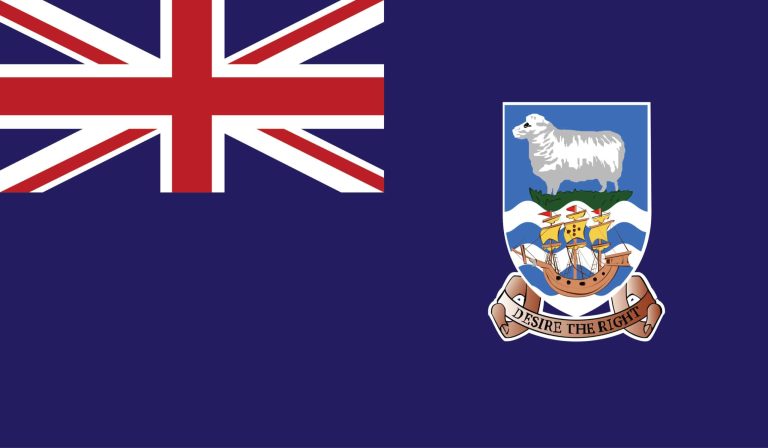Falklands Liberation Day, observed on June 14th each year, marks the momentous occasion when the Falkland Islands were liberated from Argentine occupation in 1982. This significant day stands as a testament to the unwavering determination, sacrifice, and resilience of the Falkland Islanders and serves as a poignant reminder of the importance of self-determination and sovereignty. In this blog post, we delve into the history, significance, and celebrations of Falklands Liberation Day, paying tribute to the spirit of the islanders and their enduring legacy.
The Falkland Islands, a remote archipelago in the South Atlantic, have been a point of contention between Argentina and the United Kingdom for centuries. In April 1982, the Argentine military invaded the islands, igniting a 74-day conflict that resulted in the loss of many lives on both sides. However, on June 14th of the same year, British forces successfully retook the islands, marking a crucial turning point in the conflict and restoring the Falklands to British control.
Falklands Liberation Day holds immense significance for the islanders and the United Kingdom. It symbolizes the preservation of the right to self-determination and the protection of the Falkland Islanders’ way of life. The liberation not only reinstated British sovereignty over the islands but also reinforced the global principle that the destiny of a people should be determined by their own wishes.
On this special day, the Falkland Islanders come together to honor the memory of those who lost their lives during the conflict and to celebrate their freedom. The main commemorative event takes place at the Liberation Monument in Stanley, the capital of the Falkland Islands. A moving ceremony is held, attended by veterans, islanders, and visiting dignitaries, where wreaths are laid and speeches are delivered to pay tribute to the fallen and express gratitude for the regained freedom.
The day is also marked by various community activities, including parades, cultural displays, and sports events. Islanders proudly display the Falkland Islands flag, which serves as a symbol of their unity, resilience, and patriotism. Schools organize educational programs to teach younger generations about the significance of the day, ensuring that the memories and lessons of the conflict are passed on to future generations.
Falklands Liberation Day serves as a time for reflection, acknowledging the sacrifices made during the conflict while also recognizing the enduring spirit of the Falkland Islanders. It stands as a testament to the strength and resilience of a community that has endured hardship and emerged stronger. The events of 1982 have left a lasting impact on the Falkland Islands and its people, shaping their identity and reinforcing their determination to protect their way of life.


